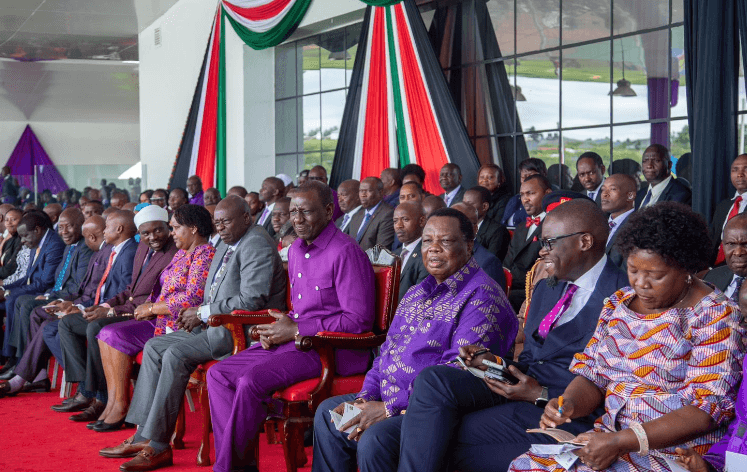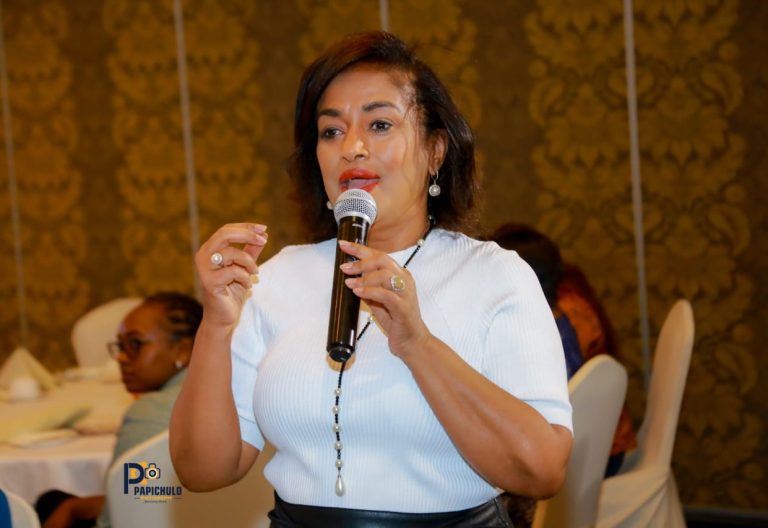Let COTU alone make decisions on its leadership

Kenyans joined to show solidarity with workers at Uhuru Gardens as part of the international Labour Day celebrations.
Labour Day, or International Workers Day, or simply May Day, is observed on May 1 every year across the globe in recognition of the efforts and achievements of workers, and to acknowledge the struggles that the labour movement continues to make to secure fair pay, safe and humane working conditions, and decent working hours for workers.
As in other countries, this year’s Labour Day in Kenya was marked with parades, speeches and other commemorative activities emphasising the value of dignity of work, and workers’ rights.
However, in Kenya the day was observed against a backdrop of an ongoing public debate and contestation over whether long-serving COTU secretary general Francis Atwoli should step down.
But the debate has not emanated from within the rank and file of the giant umbrella organisation of trade unions. To the contrary, it’s been pushed by non-members. Though stakeholders in their own right, it would appear that Atwoli’s perceived closeness to President William Ruto is the main driver of this Atwoli-should-retire-now campaign.
So much so that in the run-up to this year’s Labour Day, Atwoli seemed to have caved in, speaking in a manner that suggested that he could be considering to quit. But on April 29, the COTU Board repudiated this perception, and clarified that the SG, who has served for 24 years, will be defending his position in the next elections scheduled for 2026.
That is as it should be. Civil Society, in its broadest and simplest terms refers to the arena occupied by actors outside of the family, the State, and the market, created by individual and collective actions, organisations and institutions to advance shared interests.
What distinguishes trade unions from other traditional society formations is that whereas some exist to promote religious, educational, literary, scientific, social, athletic or charitable purposes, trade unions are mainly established to advance their members’ interests, just like self-help groups, Saccos, and cooperative societies.
But one thread that’s common among all civil society organisations, whether formed to serve the general public or to advance the interests of specific members, is that they would not exist, operate and deliver on their mandate without three core rights and freedoms, including the right to freedom of association, assembly and expression. Together, these rights constitute what has become known as civic space.
The right to freedom of association, in particular, gives citizens the liberty to get together with other people to pursue common interests and to form CSOs of any kind. The right to association also implies that once established, a CSO has the right to agree on and manage their internal affairs freely and operate free from unnecessary interference, neither by State or non-State actors.
This includes the right to develop bylaws and decide on diverse issues, including membership requirements, governance and management structures.
It’s therefore, within the mandate of COTU’s board to clarify that whereas Kenyans have had their say, a decision as to whether Atwoli will retire or defend his seat rests with its affiliate members and organs established within the framework of the umbrella organisation of 47 trade unions.
The writer is the Executive Director of the Kenya National Civil Society Centre, and Chairperson of the Horn of Africa Civil Society Forum; suba_churchill@yahoo.com














